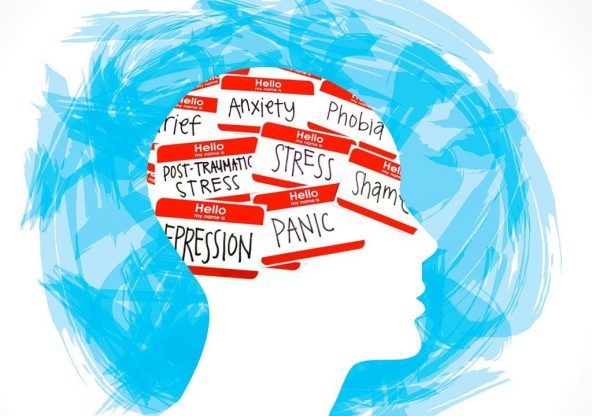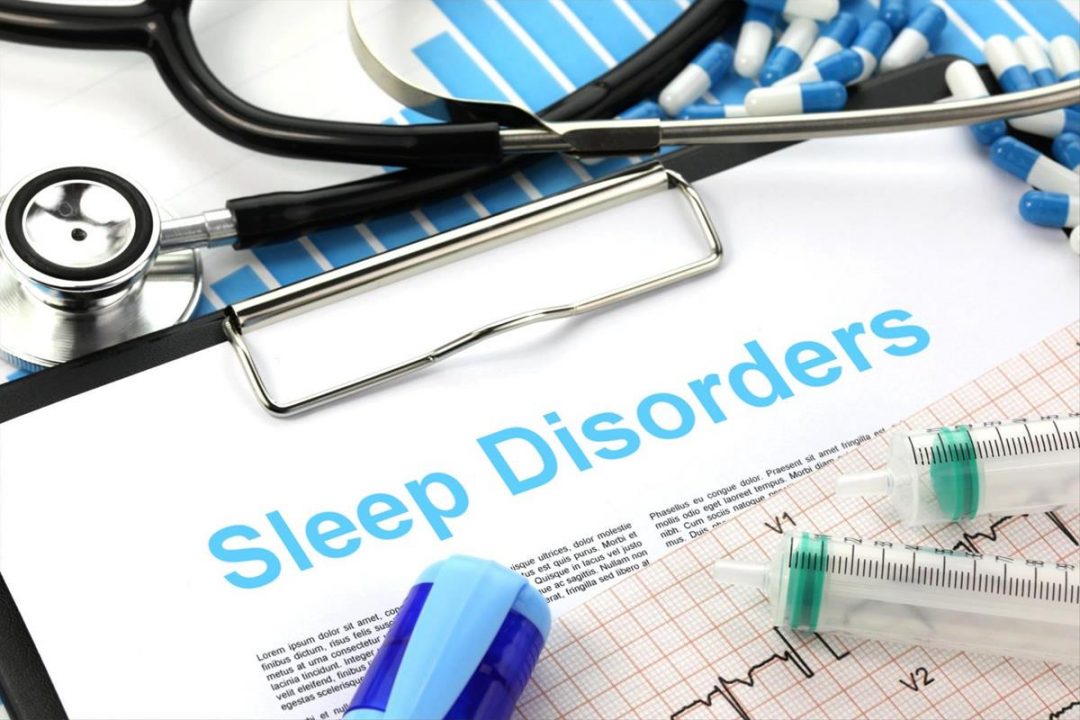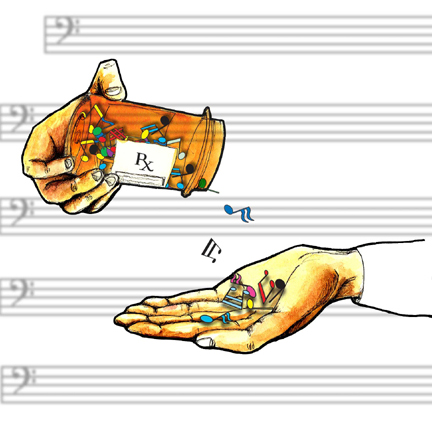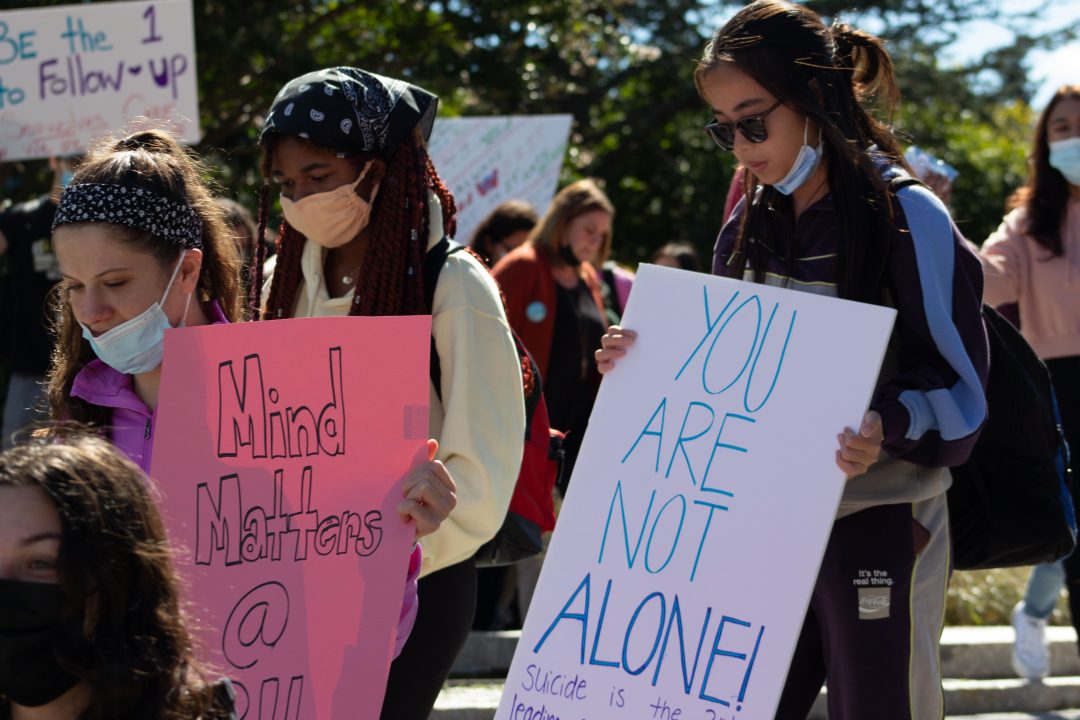
Editor’s Note: The contents of this article discuss sensitive topics like the intricacies of bipolar disorder and obsessive-compulsive disorder that can be triggering for some readers.
Sam Lauria is a double major in journalism and political science with a minor in philosophy. She is also the assistant opinions editor of The Statesman.
For a long time, I knew I differed from everyone around me. I noticed I saw the world differently than my family, my peers and just about everyone that I surrounded myself with.
My attitude, thought process and moods were always unstable compared to everyone else. People often told me I was too sensitive or over-reactive. At first, I thought everyone thought this way; I eventually realized that this was not the case. I was living with mental illnesses without realizing it.
I first realized that something was wrong in the fifth grade, although I couldn’t quite put my finger on what it was. I got worked up easily over minor or obscure things. I would get incredibly panicked if I made a simple mistake or if something didn’t go exactly how I wanted it.
I learned about mental diseases, specifically depression, in eighth grade. As I studied symptoms, I discovered I fit a surprising number of them. I sought therapy after I had a major epiphany regarding my mental state.
Unfortunately, I did not have access to a licensed therapist since I was still just a child. Instead, I resorted to talking to school counselors and self-diagnosis — which is an incredibly unreliable way to go about things like this.
As I got older, I noticed I was not depressed all the time. I would fall into bouts of extreme happiness and grandiosity. It made me question if I actually had depression. If I was actually depressed, how come I feel happiness? I thought I created some complex fantasy about myself for attention. I became afraid to tell others how I was feeling.
After a 10-year battle with these struggles, I talked to a therapist in my sophomore year of college. A few months after I found a proper therapist, I was referred to a psychiatrist. Shortly after, I was diagnosed with borderline personality disorder and obsessive-compulsive order (OCD).
It was the most bittersweet moment of my life. My suspicions about my mental state were correct, but I was diagnosed with not one, but two mental illnesses — ones that I hadn’t even suspected I had.
After a decade of being closed off about my mental well-being, I opened up to people about my struggles. I was met with overwhelming support from the people close to me, which eased my fear of expressing my feelings. Now I am incredibly open about my mental illnesses and I use my experiences to educate and help others.
I have always been a major advocate of mental health awareness, but my dedication to it skyrocketed after I received my diagnosis. My bipolar and OCD made it incredibly hard to live a normal life. My hairline-trigger mood swings, overwhelming compulsions and overly analytical panic attacks took over my entire being for most of my life.
Although these disorders are lifelong, and I will most likely suffer from their effects for as long as I live, I am getting better. Thanks to therapy, I am learning different techniques to keep my mood swings in check and reduce the effects of my OCD.
Although I still slip up from time to time, I am trying the best I can.
Living with an undiagnosed mental illness is a horrible thing for anyone to go through. I am incredibly lucky just to be here writing this article, as many people living with undiagnosed disorders are not here to share their stories. If you think you may have depression, anxiety, bipolar or any other mental illness, I strongly encourage you to seek therapy or any kind of support you have access to. Trust me, it will make your life a lot easier. Stay safe, and stay well.
To access mental health resources on SBU’s campus you can visit https://www.stonybrook.edu/caps/ for Counseling and Psychological Services and https://www.stonybrook.edu/sasc/ for the Student Accessibility Support Center.
















